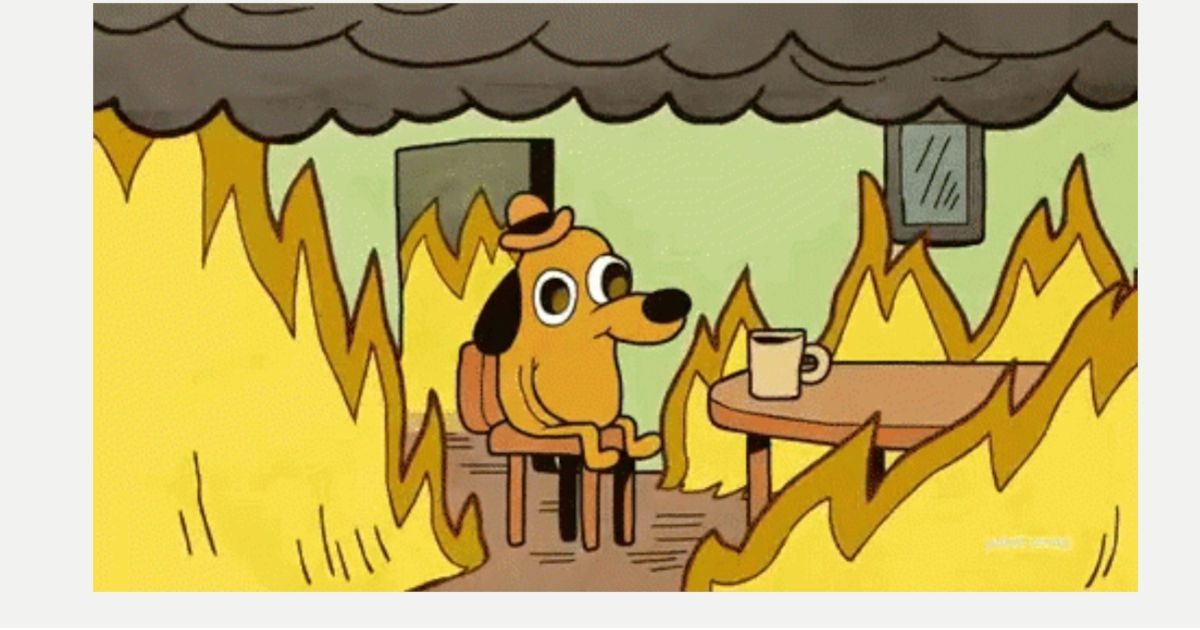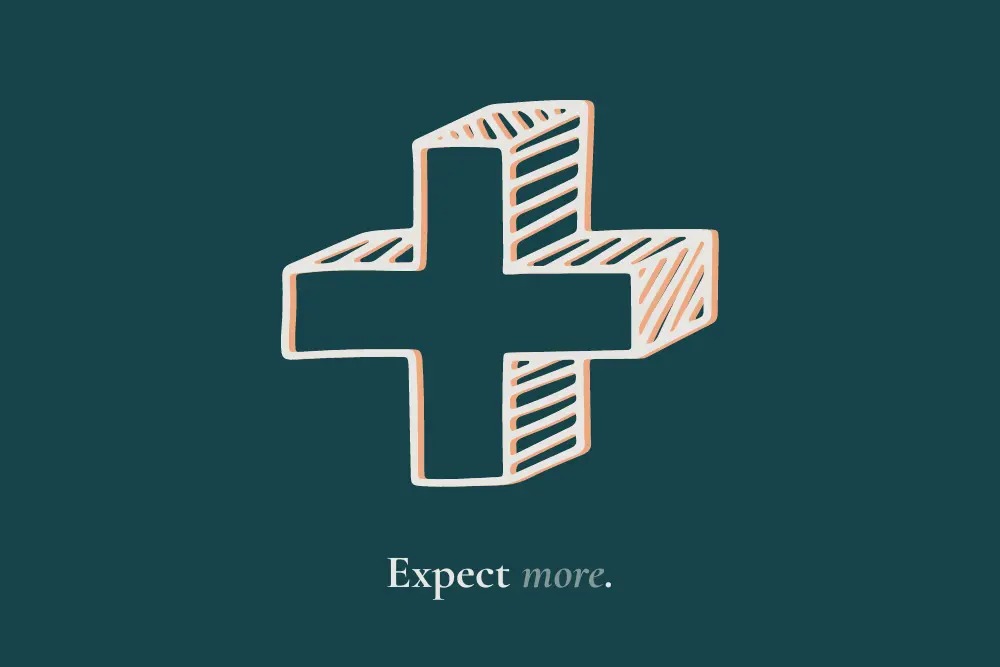Stress Is A Silent Killer
It is more complex than that headache you feel after a long day at work or the aches and pains in your joints. It is more than the general body fatigue you experience when you wake up in the morning, and you feel at you have not had enough rest, or that you have not rested at all. Stress is a cascade of chemicals overreacting the nervous system causing muscle tension and feeling of irritability and exhaustion.
Let’s face it, in modern day society, we are faced with numerous bills, responsibilities, social pressures, juggling work and school as well as caring for those we love and admire in our lives. In order to avoid breaking down or lashing out, you need to find ways to calm your body after each stressful day, because when you live in a world of incredible health, you will experience happiness and contentment.
Daily existence takes a lot from people’s health; from the strenuous to the least difficult tasks, claims of exhaustion are made on the human body. The ways your body reacts to these stressors are conditioned by what it already has in surplus or lacks. You may want to know that nutrition and adequate rest are the first steps to take if you want to manage your health very well and, thereby, reduce the counter effects stress has on your wholesomeness. Nutrition is not only about eating balanced diets, rather it also calls for maintaining healthier lifestyles, of which you must know that the eight-hour sleep and adequate exercises are mandatory for good over-all health and well being.
Here are some tips for recognizing and managing stress:
1. Allow yourself to be helped and supported
Sometimes people who are facing a lot, think they are the only ones struggling or going through a difficult time. Seeking help is key to normalizing your reactions as well as realizing you are not alone in your world. Accepting help from the people who matter in your life will give you an opportunity to recognize triggers and how to deal with stressful situations. It will also open an opportunity to discuss and explore stress management tools, techniques as well as brainstorm options available.
There are tons of stress reducing activities you can engage in if you want to effectively manage your stress and emerge from it. You should consider all the stress management options such as meditation, yoga and deep breathing techniques, mindfulness, cognitive behaviour therapy, online group strengthening, talking to family, friends and people you trust to name a few ideas.
2. Plan your day the night before
A lot of people have fallen out of routine. A good old fashioned to-do list is an essential technique to employ if you want to reduce your stress. Drafting a list of your future activities will help you manage your day and remain calm when people and events are overwhelming. If you already have a fixed routine, try adding in plans the night before. This should help carve out time to see what you need to accomplish and how much time you must allocate to each activity. You will be in control of your day, making it difficult for a stressful occurrence to happen. You will also have a plan and be able to calm your body when you recognize yourself becoming stressed and tense. Writing down and scheduling time for exercise, meditation, and self-care will create a structure and you will more likely stick to it.
3. Practice gratitude
I highly encourage you to take time to reminisce on the things that have gone well in your life. It means taking time to remind yourself you are moving according to your pace. Practicing gratitude means you will no longer use the events you see on social media or the good things happening to your friends as a yard stick to measure your own growth. If you are content with your life as it is while working harder to improve your station in life, you will have little to worry about and your mind will be at peace with you and your environment. If you compare yourself with others, you will become bitter and vain. Enjoy your achievements as well as your plans. Many studies show illness begins with worry and fear. When you are constantly anxious and perturbed by happenings are you, you lose focus on what you can really achieve. What went well so far today?
4. Meditation
Meditation comes in many different methods, but if you want to subdue and rule over your worries, fears and doubts, consider mindfulness meditation as the approach. This approach allows you to focus objectively on your troubles. It allows you to dissect your anxiety, laying it bare to its intangibility. It allows you to conquer your fears when you have realized the adverse effects they have on your health. Mindfulness meditation reduces the buildup of cortisol in the blood, thereby reducing the risk of developing diseases caused by stress. Meditation helps you to have stronger memory, happier moments, a healthier body, a positive perspective and less stress. You should know that the scientific benefits behind meditation such as mindfulness are phenomenal, and above all else, your will feel a state of calmness, balance and centredness.
5. Deep Breathing
Deep breathing is amazing for your lungs and over-all general well-being. Taking a deep breath, can be instantly therapeutic. When you breath in and out, your body releases toxins piled up in the body through carbon dioxide. When your body is adequately detoxified and cleansing out tension through deep breathing, your mind becomes clear, and most of your emotional tension starts easing off. Deep breathing is a natural way to maintain overall balance within the body by reducing stress levels and strengthening the immune system. When your immune system is calm, everything in your mind and body is benefiting including organs improving digestive functions. Practicing deep breathing increases the secretion of the anti-aging hormones in your body which decreases your aging process. Deep breathing works best combined with meditation, hence the practice of mindfulness meditation.
6. Aromatherapy
Taking five deep slow soothing breaths of a smell you enjoy will increase and light up the dopamine in your brain, another feels good chemical. I suggest having a bottle of your favourite smell near by and diffuse pleasant chemical free aromas often.
The effort is not in the things you do, but in how you do them. When your daily activities are packed with exhausting routines and tasks that crawl over each other for attention, what you do and how you do them should revolve around the best ways to not be completely spent, both physically and otherwise.
You should also know that stress does not only arise as the outcome of the amount of energy you expend on a daily basis, those persistent worrisome thoughts and concerns are stressors too. The worrisome thoughts might follow the following concerns: financial constraint, challenges at work, strained relationships, and other situations that have a tendency to induce anxiety and its antecedent: stress.
This article was written by Tracy King during their time at Shift Collab.














.gif)







![Why You Need to Unfollow [@YourEx]](https://cdn.prod.website-files.com/625ec823c07cd8de32e1bae2/684af2346eb36cf47933e7ab_20240206T0910-707e5b7e-9802-42a3-8070-ba67b8dc33fd.webp)






![Summer Lovin' [not] Havin' a Blast](https://cdn.prod.website-files.com/625ec823c07cd8de32e1bae2/684af26ed2b68f821b628848_20240206T0910-fd1563e4-34d1-49e6-af59-9b95c717196a.webp)













































































